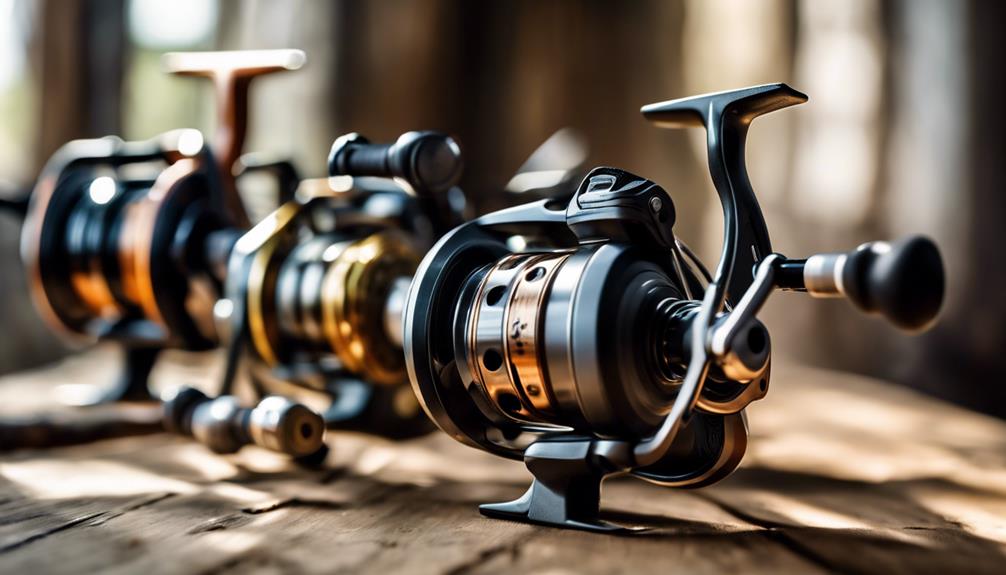Fishing is a beloved pastime for many, providing relaxation, adventure, and the chance to connect with nature. However, before you cast your line, it’s essential to understand the regulations that govern this activity, particularly regarding fishing licenses. One of the most frequently asked questions is, “What age do you need a fishing license?” In this comprehensive guide, we will explore the age requirements for obtaining a fishing license across different regions and provide valuable insights for both novice and experienced anglers.
Understanding Fishing Licenses: An Overview
Fishing licenses are permits that allow individuals to fish in public waters. They are issued by state or provincial authorities and serve several purposes. Primarily, fishing licenses help regulate fish populations and ensure sustainable fishing practices. Additionally, they generate revenue for conservation efforts and the maintenance of aquatic habitats. While the age at which you need a fishing license varies by state and country, most places have specific age thresholds that anglers must be aware of.
Age Requirements for Fishing Licenses in the United States
In the United States, the age at which you need a fishing license can vary significantly from state to state. In most states, children under the age of 16 are not required to have a fishing license, but they may need to be accompanied by an adult who does hold a valid license. For instance, in Florida, children under 16 can fish without a license, while in California, the age limit is also set at 16. It is crucial for anglers to check the specific regulations in their state, as these rules can change and may include additional stipulations such as the need for a fishing permit in certain areas.
Exceptions to the Fishing License Age Requirement
Some jurisdictions offer exemptions to the fishing license age requirement, particularly during designated free fishing days. These special days allow individuals, including children, to fish without obtaining a license, promoting awareness and encouraging participation in the sport. Some states may also have programs that allow minors to fish under a parent’s or guardian’s supervision without a license. Understanding these exceptions can provide a great opportunity for families to enjoy fishing together without the immediate concern of licensing.
The Role of Youth Fishing Programs
Many states and organizations offer youth fishing programs aimed at educating children about fishing, conservation, and the importance of responsible angling. These programs often include workshops, fishing clinics, and events where kids can learn the basics of fishing. While participation in these programs may not require a fishing license for younger children, they often encourage obtaining one as children grow older. These initiatives are instrumental in fostering a love for fishing and ensuring future generations appreciate and respect aquatic ecosystems.
The Importance of Fishing Regulations
Understanding the age requirements for fishing licenses is just one aspect of complying with fishing regulations. Each state has its own set of rules regarding fishing seasons, size and bag limits, and specific waters where fishing is permitted. Adhering to these regulations not only helps preserve fish populations but also ensures a fair and enjoyable experience for all anglers. Knowing the age at which a fishing license is required is vital, but so is being aware of the broader regulatory framework that governs fishing in your area.
How to Obtain a Fishing License
Obtaining a fishing license is typically a straightforward process. Most states offer the option to purchase a license online, through local sporting goods stores, or at designated government offices. When applying for a fishing license, individuals may need to provide personal information such as their name, address, and date of birth. In some cases, especially for first-time applicants, a brief fishing education course may be required. It’s essential to ensure that you have the correct documentation and understand the fees associated with obtaining a fishing license in your state.
The Benefits of Having a Fishing License
Having a valid fishing license not only keeps you compliant with state regulations but also contributes to conservation efforts. The revenue generated from fishing licenses is often used to fund habitat restoration, fish stocking programs, and public access to fishing areas. Moreover, possessing a fishing license can enhance your experience as it signifies your commitment to ethical fishing practices. Being part of a community of licensed anglers can also provide networking opportunities, allowing you to connect with fellow fishing enthusiasts and learn from their experiences.
Conclusion: Embrace Fishing Responsibly
In conclusion, understanding the question of “What age do you need a fishing license?” is crucial for anyone looking to enjoy this timeless activity. While age requirements can vary significantly across regions, most children under 16 are exempt from needing a fishing license. However, it is essential to stay informed about local regulations and any exceptions that may apply. By obtaining a fishing license, you not only comply with the law but also contribute to the sustainability of aquatic ecosystems. So gather your gear, check the regulations in your state, and embrace the joy of fishing responsibly. Happy fishing!
